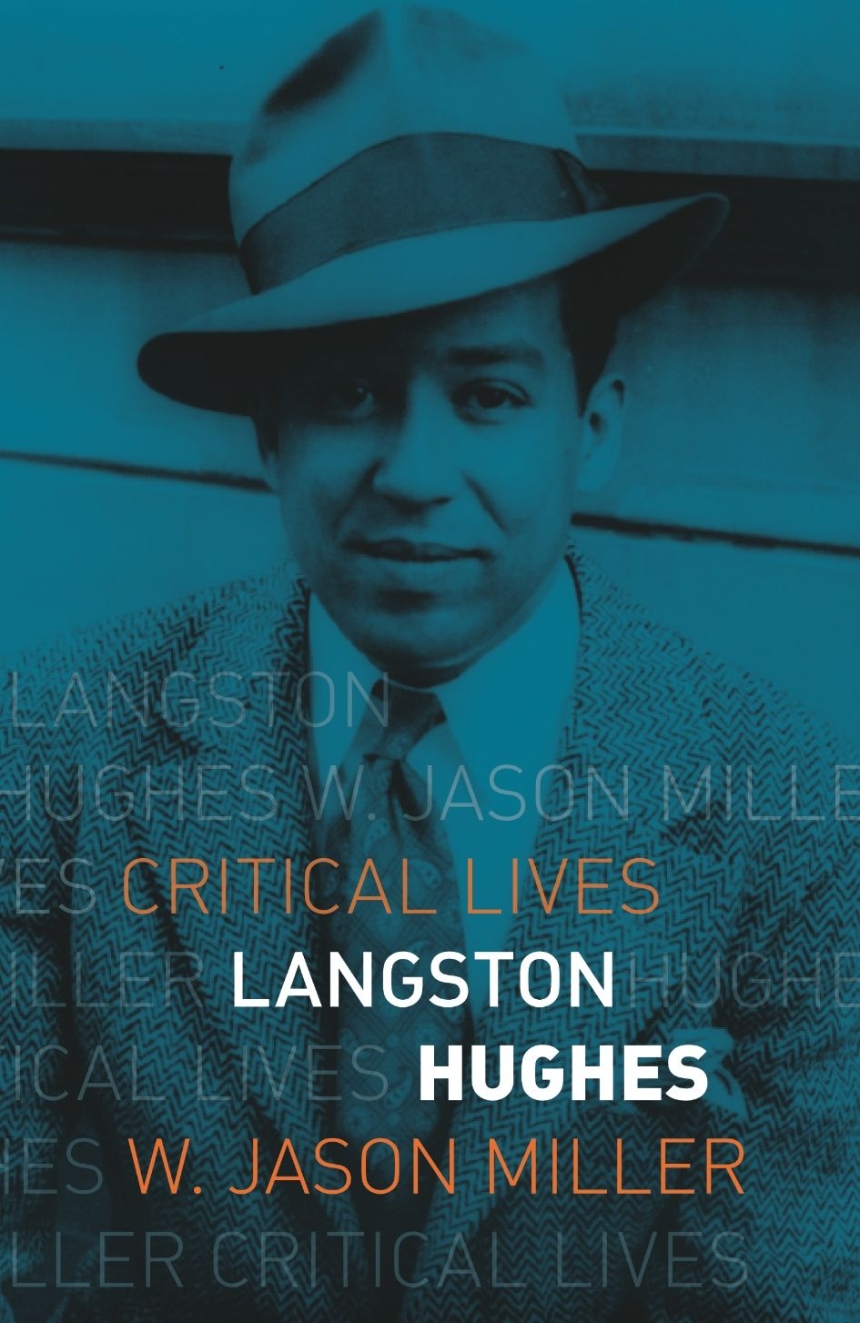Distributed for Reaktion Books
Langston Hughes
As the first black author in America to make his living exclusively by writing, Langston Hughes inspired a generation of writers and activists. One of the pioneers of jazz poetry, Hughes led the Harlem Renaissance, while Martin Luther King, Jr., invoked Hughes’s signature metaphor of dreaming in his speeches. In this new biography, W. Jason Miller illuminates Hughes’s status as an international literary figure through a compelling look at the relationship between his extraordinary life and his canonical works. Drawing on unpublished letters and manuscripts, Miller addresses Hughes’s often ignored contributions to the Civil Rights Movement of the 1960s, as well as his complex and well-guarded sexuality, and repositions him as a writer rather than merely the most beloved African American poet of the twentieth century.
224 pages | 35 halftones | 5 x 7 3/4 | © 2020
Reviews
Table of Contents
Prologue
1 Motherless Child, 1901–19
2 I, Too, am America, 1919–24
3 A Bone of Contention, 1924–30
4 In the USSR, 1930–33
5 Let America Be America Again, 1933–40
6 Aimee B. Simple, 1940–45
7 F. B. Eyes, 1945–50
8 Montage of a Dream Deferred, 1950–53
9 Seeing Red, 1953–60
10 Bright Tomorrows, 1960–62
11 I Dream a World, 1962–7
Epilogue
References
Further Reading
Acknowledgements
Photo Acknowledgements
1 Motherless Child, 1901–19
2 I, Too, am America, 1919–24
3 A Bone of Contention, 1924–30
4 In the USSR, 1930–33
5 Let America Be America Again, 1933–40
6 Aimee B. Simple, 1940–45
7 F. B. Eyes, 1945–50
8 Montage of a Dream Deferred, 1950–53
9 Seeing Red, 1953–60
10 Bright Tomorrows, 1960–62
11 I Dream a World, 1962–7
Epilogue
References
Further Reading
Acknowledgements
Photo Acknowledgements

